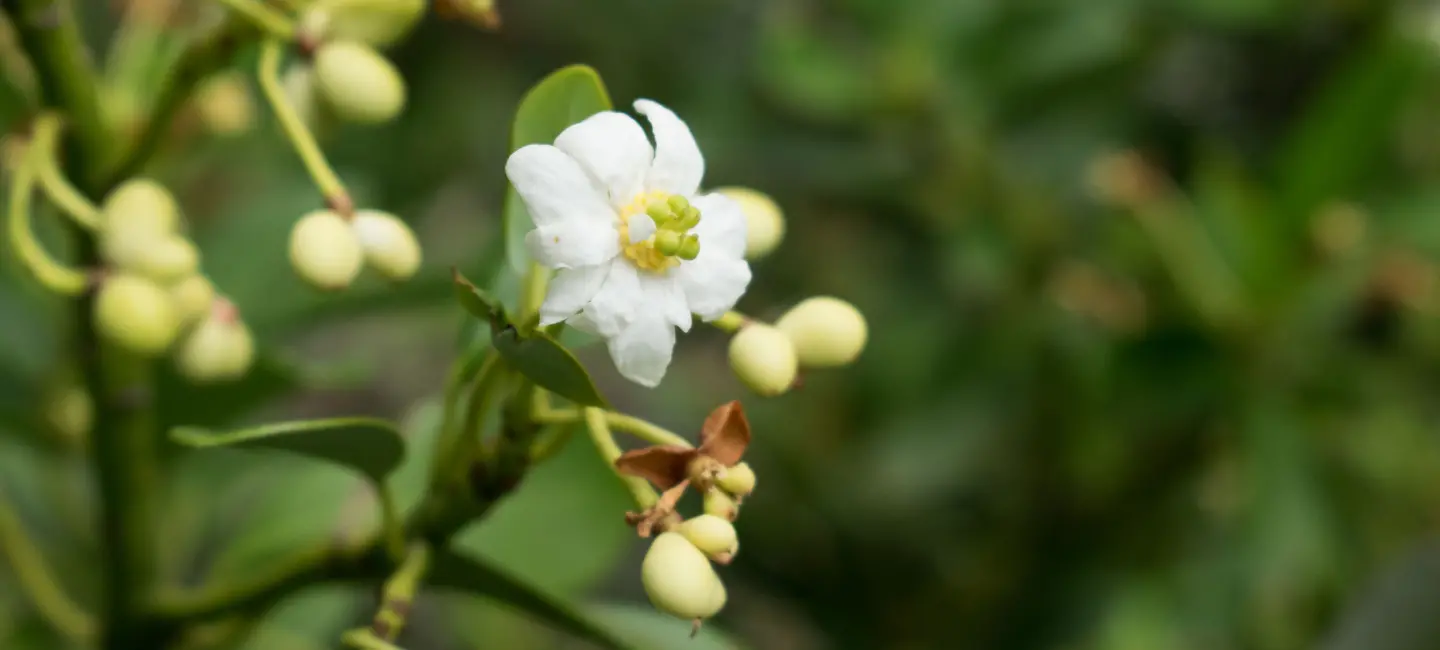
Winter's bark is the bark of a tree (Drimys winteri). The powdered bark is used to make medicine.
People take winter's bark for digestion problems including intestinal gas (flatulence), colic, and stomach ache.
Winter's bark is sometimes applied directly to the affected area for toothaches and skin irritation.
Is It Effective?
Natural Medicines rates effectiveness based on scientific evidence according to the following scale: Effective, Likely Effective, Possibly Effective, Possibly Ineffective, Likely Ineffective, Ineffective, and Insufficient Evidence to Rate.
- Intestinal gas (flatulence).
- Colic.
- Stomach ache.
- Toothaches, when applied directly.
- Skin irritation, when applied directly.
- Other conditions.
More evidence is needed to rate the effectiveness of winter's bark for these uses.
Is it Safe?
There isn't enough information available to know how winter's bark might work as a medicine.
There isn't enough information available to know if winter's bark is safe or what the possible side effects might be.
Special Precautions & Warnings:
Pregnancy and breast-feeding: Not enough is known about the use of winter's bark during pregnancy and breast-feeding. Stay on the safe side and avoid use.
It is not known if Winter's Bark interacts with any medicines. Before taking Winter's Bark, talk with your healthcare professional if you take any medications.
There are no known interactions with herbs and supplements.
There are no known interactions with foods.
The appropriate dose of winter's bark depends on several factors such as the user's age, health, and several other conditions. At this time there is not enough scientific information to determine an appropriate range of doses for winter's bark. Keep in mind that natural products are not always necessarily safe and dosages can be important. Be sure to follow relevant directions on product labels and consult your pharmacist or physician or other healthcare professional before using.
Arbre à Écorce de Winter, Canelo, Cannelle de Magellan, Drimys chilensis, Drymis de Winter, Drimys winteri, Écorce de Winter, Foye, Pepper Bark, Poivre Austral, Wintera, Wintera Aromatica, Winters Bark, Winters Cinnamon, Winter’s Cinnamon.
Natural Medicines disclaims any responsibility related to medical consequences of using any medical product. Effort is made to ensure that the information contained in this monograph is accurate at the time it was published. Consumers and medical professionals who consult this monograph are cautioned that any medical or product related decision is the sole responsibility of the consumer and/or the health care professional. A legal License Agreement sets limitations on downloading, storing, or printing content from this Database. Except for any possible exceptions written into your License Agreement, no reproduction of this monograph or any content from this Database is permitted without written permission from the publisher. Unlawful to download, store, or distribute content from this site.
For the latest comprehensive data on this and every other natural medicine, health professionals should consult the Professional Version of the Natural Medicines. It is fully referenced and updated daily.
© Copyright 1995-2021. Therapeutic Research Faculty, publishers of Natural Medicines, Prescriber's Letter, and Pharmacist's Letter. All rights reserved.
